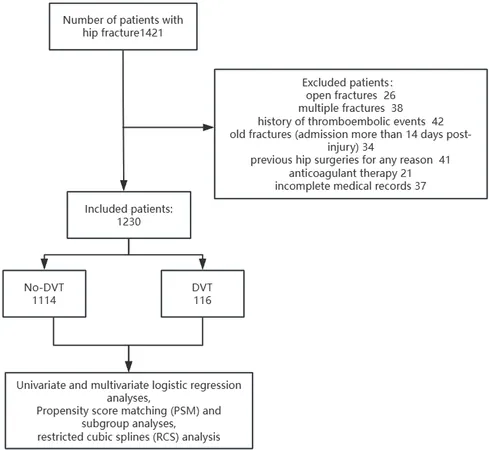
Alzheimer’s Awareness Month: 10 Proven Strategies to Slash Your Dementia Risk!
2025-01-15
Author: Amelia
January marks the start of Alzheimer’s Awareness Month, and this year brings an urgent call to action. As the number of individuals living with dementia in Nova Scotia is anticipated to surge to nearly 30,000 by 2050, it's vital to understand that our lifestyle choices can significantly influence our brain health. Research indicates that up to 40% of dementia cases could potentially be prevented by addressing key risk factors.
While age and genetics play undeniable roles in dementia's onset, there are several proactive steps individuals can take to mitigate their risk at any age. Even those already diagnosed with dementia can benefit from these techniques aimed at enhancing brain health.
Here are **10 scientifically-backed strategies to reduce your dementia risk**:
1. Stay Physically Active
Aim for at least 150 minutes of moderate aerobic exercise weekly. Activities like brisk walking or swimming can help keep your brain healthy.
2. Protect Your Hearing
There is a strong link between hearing loss and cognitive decline. Wearing hearing aids if needed and protecting your ears in noisy environments can be pivotal.
3. Maintain Social Connections
Engaging socially can protect your brain. Regular interactions with friends and family stimulate cognitive function and emotional well-being.
4. Manage Chronic Conditions
Properly managing conditions like hypertension, diabetes, and high cholesterol significantly lowers dementia risk. Regular check-ups are essential.
5. Say No to Smoking
Smoking is a major risk factor for dementia. Quitting can have instant benefits on your overall health and cognitive function.
6. Seek Help for Mental Health
Depression and anxiety can increase dementia risk. Don’t hesitate to seek professional help if you're struggling.
7. Limit Alcohol Intake
Consume alcohol in moderation. Too much can quickly escalate your risk of cognitive decline.
8. Keep Your Heart Healthy
Cardiovascular health is tightly linked to brain health. Eating a balanced diet, exercising, and maintaining a healthy weight are crucial.
9. Prevent Head Injuries
Avoid concussions by wearing helmets when necessary and taking precautions to prevent falls.
10. Prioritize Quality Sleep
Aim for 7-9 hours of restful sleep each night to help your brain clear out toxins and consolidate memories.
John Britton, the CEO of the Alzheimer Society of Nova Scotia, emphasizes the importance of raising awareness about these lifestyle changes. “We can’t make changes if we don’t know where to begin,” he states. By sharing these evidence-based strategies, we can impact the future of dementia care positively.
However, personal circumstances such as physical ability, mental wellness, and financial stability play a significant role in managing these risk factors. Many people may not know all of their risk factors or the best ways to address them.
Sacha Nadeau, Director of Research and Advocacy at the Alzheimer Society of Nova Scotia, points out, “Even committing to one or two lifestyle changes can significantly lower your risk. But these changes often require the right support systems.”
For those looking for resources, the Alzheimer Society of Nova Scotia offers access to services and community support to help individuals implement lifestyle changes. Additionally, a downloadable infographic and informational videos about managing dementia risk can be found on their website.
Mark your calendars for a pivotal public education event titled “Hope in Action: From Promising Treatments to Actionable Steps to Improve Your Quality of Life,” scheduled for January 28 at 6 p.m. at the Woodlawn Public Library, with live streaming options available. For more details, visit the Alzheimer Society’s website.
Let’s start 2023 with a commitment to our brain health and well-being. Remember, every small step counts!









 Brasil (PT)
Brasil (PT)
 Canada (EN)
Canada (EN)
 Chile (ES)
Chile (ES)
 Česko (CS)
Česko (CS)
 대한민국 (KO)
대한민국 (KO)
 España (ES)
España (ES)
 France (FR)
France (FR)
 Hong Kong (EN)
Hong Kong (EN)
 Italia (IT)
Italia (IT)
 日本 (JA)
日本 (JA)
 Magyarország (HU)
Magyarország (HU)
 Norge (NO)
Norge (NO)
 Polska (PL)
Polska (PL)
 Schweiz (DE)
Schweiz (DE)
 Singapore (EN)
Singapore (EN)
 Sverige (SV)
Sverige (SV)
 Suomi (FI)
Suomi (FI)
 Türkiye (TR)
Türkiye (TR)
 الإمارات العربية المتحدة (AR)
الإمارات العربية المتحدة (AR)